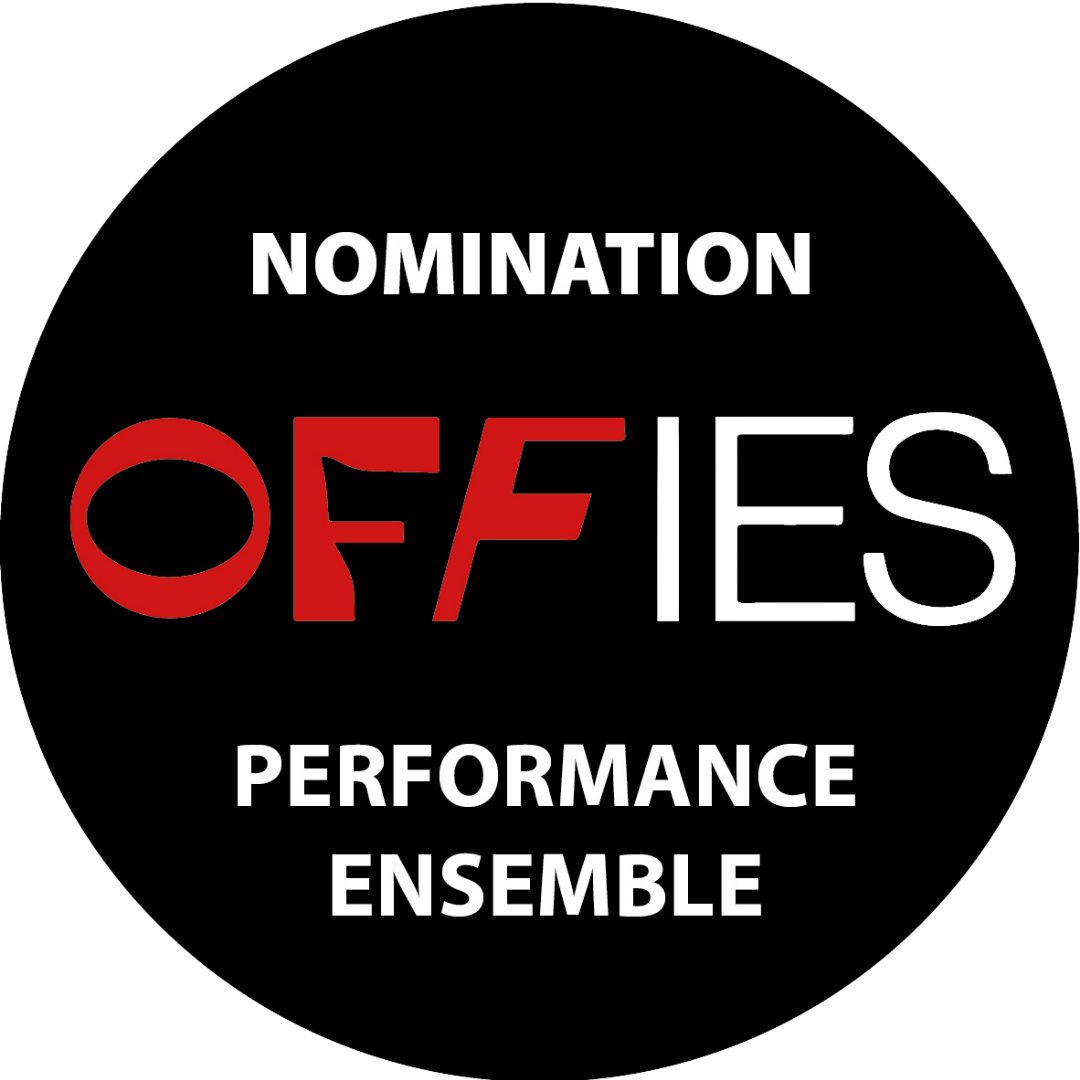
In August 2017, journalist Kim Wall joined inventor Peter Madsen on a voyage on his private submarine, the UC3 Nautilus. She was there to conduct an interview she'd requested earlier that year. She never returned.
When I first read about this story, I was struck by the discussions and number of comments that returned to the same question - why did she go on that submarine alone with a stranger?
To which, the only response can be - why shouldn't she have? Would you have asked the same question if she were a man? Should she have changed her behaviour, not done her job, because she was a woman?
It was this reaction to the crime that inspired me to write Under the Radar. Regardless of the abhorrent actions of Madsen, there is a portion of society who resort to blaming the victim, an extension of questioning rape victims' veracity because they were dressed in revealing clothes or under the influence of alcohol or drugs. Should a woman's behaviour change because of how a man might react? Should we go further and suggest women shouldn't step into a taxi alone, or go home with a man, or feel free to walk home on her own? Should a woman ever feellike she has to behave differently to a man?
It may be coincidence, but only a year before, a recording of the future President of the United States was released with him bragging about how he approached women and that, because he was famous, he 'can do anything. Grab 'em by the pussy. You can do anything.'
When I first read about this story, I was struck by the discussions and number of comments that returned to the same question - why did she go on that submarine alone with a stranger?
To which, the only response can be - why shouldn't she have? Would you have asked the same question if she were a man? Should she have changed her behaviour, not done her job, because she was a woman?
It was this reaction to the crime that inspired me to write Under the Radar. Regardless of the abhorrent actions of Madsen, there is a portion of society who resort to blaming the victim, an extension of questioning rape victims' veracity because they were dressed in revealing clothes or under the influence of alcohol or drugs. Should a woman's behaviour change because of how a man might react? Should we go further and suggest women shouldn't step into a taxi alone, or go home with a man, or feel free to walk home on her own? Should a woman ever feellike she has to behave differently to a man?
It may be coincidence, but only a year before, a recording of the future President of the United States was released with him bragging about how he approached women and that, because he was famous, he 'can do anything. Grab 'em by the pussy. You can do anything.'

This type of language and behaviour appears to legitimise male privilege, increases male micro-aggressions towards women and ultimately leads to a more generalised acceptance of misogyny.
Yet misogyny, as with most other forms of unconscious bias, is not rooted in logic. It is unsound thinking, based on trained emotional responses found in patriarchal traditions and socio-cultural learned behaviour. And, as with all illogical arguments that are based on emotional responses, when confronted with reason, cognitive dissonance kicks in and the reaction is to lash out. The ultimate result of unconscious bias, of misogyny, taken to its logical conclusion, is aggression and violence - the last resort of the bigot.
Yet misogyny, as with most other forms of unconscious bias, is not rooted in logic. It is unsound thinking, based on trained emotional responses found in patriarchal traditions and socio-cultural learned behaviour. And, as with all illogical arguments that are based on emotional responses, when confronted with reason, cognitive dissonance kicks in and the reaction is to lash out. The ultimate result of unconscious bias, of misogyny, taken to its logical conclusion, is aggression and violence - the last resort of the bigot.

The aim of Under the Radar is to put a mirror up to men, for them to realise that equality, that the metoo movement, is not just about 'other', more noxious men, but about them. Because if we are to overcome male privilege, and the unconscious and biased expectations that go with it, we must expose, examine and challenge our own privileged position as men.
Under the Radar explores the need to look at the way tradition, society and culture uphold the patriarchy, how they uphold micro-aggressions, unconscious bias and misogyny. That until we are able to break free from these traditions, prejudiced male violence towards women will continue.
I approached writing Under the Radar with trepidation. Firstly, it was important that the characters in the play, Martin and Lee, were not the people involved in the news story. I did no research into either Wall or Madsen and developed the characters from scratch, only using the setting and scenario for the reasons mentioned above.
Secondly, given the recent surge and interest in 'true crime' programming, it was important that Under the Radardid not fall into this category. I did not want to concentrate on the details of the crime or present a macabre docu-play that relied on a morbid fascination with the criminal.
Under the Radar explores the need to look at the way tradition, society and culture uphold the patriarchy, how they uphold micro-aggressions, unconscious bias and misogyny. That until we are able to break free from these traditions, prejudiced male violence towards women will continue.
I approached writing Under the Radar with trepidation. Firstly, it was important that the characters in the play, Martin and Lee, were not the people involved in the news story. I did no research into either Wall or Madsen and developed the characters from scratch, only using the setting and scenario for the reasons mentioned above.
Secondly, given the recent surge and interest in 'true crime' programming, it was important that Under the Radardid not fall into this category. I did not want to concentrate on the details of the crime or present a macabre docu-play that relied on a morbid fascination with the criminal.

It was for these reasons that I chose to use a layer of dark comedy in the play. I wanted to undermine audience expectations, to unsettle them, to bring them closer to the characters through humour. It was important to make Martin surprising and engaging. To never allow the audience the chance to distance themselves from him, or to turn him into nothing more than a 'monster' they couldn't relate to. For me, Martin must reflect the full spectrum from unconscious bias and male privilege through micro-aggressions and open misogyny to prejudiced emotional and physical abuse against women. Using comedy to make Martin a more rounded character implicitly leads male audience members to identify more closely with him, holding up a mirror to their own behaviour, or at least behaviour that they may have witnessed in other men around them.
Ultimately, Under the Radar is a dissection of how male privilege is connected to society, culture and tradition, and how, if left unchallenged, it has the potential to manifest in prejudiced violence against women. It attempts to expose male unconscious bias, bring it to the surface, and make sure nothing is left under the radar.
Dr Jonathon Crewe is a writer and director for film, theatre and radio, whose work predominantly investigates forms of representation and socio-cultural hierarchies. His PhD examined media and political elite’s marginalisation of the white working-class and his subsequent radio and theatre play, Toy Soldier, looked at class in the military. His latest production, Under the Radar, analyses the link between tradition, culture and male privilege, and how they manifest in unconscious bias, misogyny and violence. His debut feature film, Face2Face, deals with the creation of self-identity through social-media - a Frankenstein for the digital age.
Under the Radar runs 12th - 16th November 2019 at 7:15pm, tickets available here
Ultimately, Under the Radar is a dissection of how male privilege is connected to society, culture and tradition, and how, if left unchallenged, it has the potential to manifest in prejudiced violence against women. It attempts to expose male unconscious bias, bring it to the surface, and make sure nothing is left under the radar.
Dr Jonathon Crewe is a writer and director for film, theatre and radio, whose work predominantly investigates forms of representation and socio-cultural hierarchies. His PhD examined media and political elite’s marginalisation of the white working-class and his subsequent radio and theatre play, Toy Soldier, looked at class in the military. His latest production, Under the Radar, analyses the link between tradition, culture and male privilege, and how they manifest in unconscious bias, misogyny and violence. His debut feature film, Face2Face, deals with the creation of self-identity through social-media - a Frankenstein for the digital age.
Under the Radar runs 12th - 16th November 2019 at 7:15pm, tickets available here

 RSS Feed
RSS Feed













